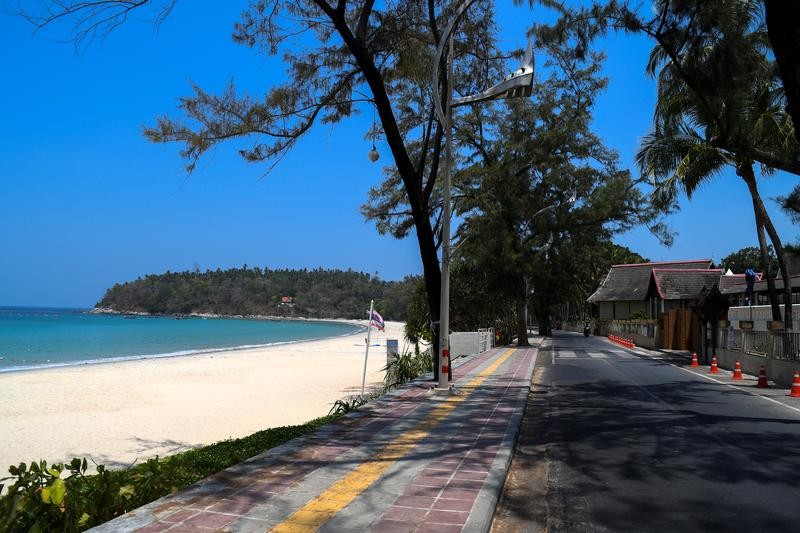Prayers and release of birds to mark 20 years since Bali bombing


KUTA, Indonesia - Commemorations will be held on the Indonesian island of Bali on Wednesday as survivors, alongside families and friends of the victims, gather to mark the 20-year anniversary of the Bali bombing - one of the world's deadliest militant attacks.
A total of 202 people, including 88 Australians and 38 Indonesians, were killed when a car bomb exploded outside the Sari Club in Bali's Kuta Beach area and from another almost simultaneous blast at the Paddy's Bar across the road.
A ceremony including peace prayers and the symbolic release of 20 birds will be among several events taking place on the predominantly Hindu island, including at a memorial erected in the area of the blasts.
"The memorial for us is to remember, to remind everyone there was a terrorist attack there and that we don't want it to happen again," said Ni Luh Erniati, who lost her husband in the attack and will join morning prayers with her children.
Two decades on from the bombings, which were blamed on the al Qaeda-linked jihadist network Jemaah Islamiyah (JI), memories of the attack continue to haunt survivors.
Balinese father of two, I Dewa Ketut Rudita Widia Putra, was caught in traffic on the busy strip in Kuta, when the bombs were detonated. After crawling out of his smouldering car, he was rushed to hospital with burns covering a third of his body.
[[nid:594002]]
"To this day, I still feel traumatised and scared when I take the car out and get caught in a traffic jam," said the now 55-year-old.
"Even when I realise I am not in Kuta traffic, I can shake in fear, break out in a cold sweat and feel really scared."
Indonesian police and the Australian consulate general in Bali will also hold memorials.
In the wake of the Bali attacks and with backing from Australia and the United States, Indonesia set up an elite anti-terrorism unit called Special Detachment or Densus 88 that weakened JI and resulted in scores of suspected Islamic militants being arrested or killed.
The world's biggest Muslim-majority country has also pioneered deradicalisation schemes for convicted militants, though these have been both praised and criticised for their effectiveness.
Sparking dismay among many affected by the attacks, the Indonesian government said in August that Bali bomb maker Umar Patek was eligible for parole and could soon be released.